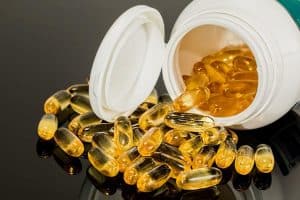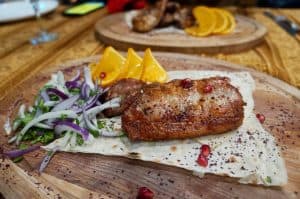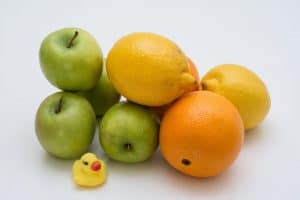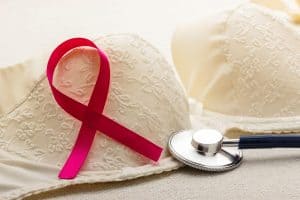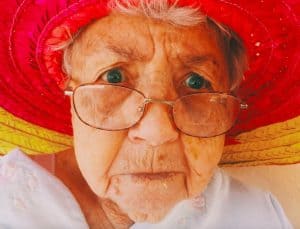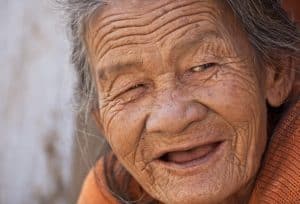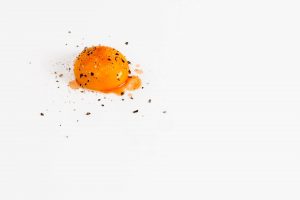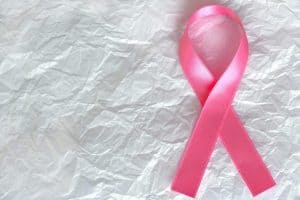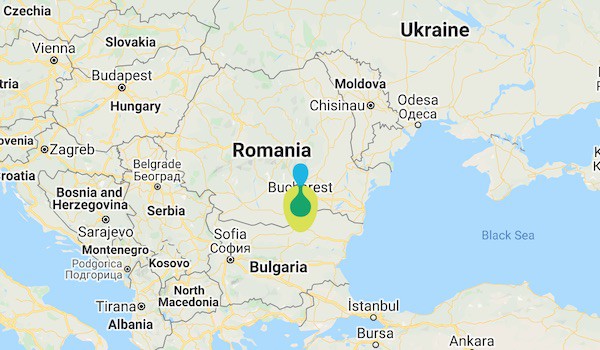Vitamin D supplements are more and more popular nowadays, this vitamin being promoted to do anything from preventing cancer or osteoporosis to French fries. The image of a universal panacea is increasingly promoted by both health workers and patients contributes to the fact that in 2019 the sale of vitamin D supplements registered a profit of $ 1.1 billion, players … Read More
Alkaline water and cancer
Many people a little more attentive towards healthy eating started to drink alkaline water or to buy water alkalizing devices in the attempt to replace the sinful acidosis with alkalosis. Sadly, by drinking alkaline water you can become more alkaline pretty fast – studies performed by the producers encouragingly indicating that only two weeks of drinking this wonder water can increase … Read More
Is meat carcinogenic?
In articles dedicated to analysing the validity of the link between “animal protein” and cancer, I explained why this association is deeply shallow. You can read the first part, explaining the difference between animal protein and plant protein, here, and the second part, explaining that dairy is not carcinogenic, here. Basically, while saying “the animal protein is a carcinogen”, you write on … Read More
Can breast cancer patients take statins?
After breast surgery ± chemotherapy and radiotherapy, ER+ breast cancer patients start antiestrogenic treatment. Some of these patients – either as a side effect of the antiestrogenic treatment, or also because of the eating beahaviour and sedentariness – develop hypercholesterolemia. And hypercholesterolemia can be treated with statins (cholesterol lowering medication). Among other side effects reported by patients during antiestrogenic treatment, … Read More
What does it mean to be cured of cancer?
In the virtual space, various pseudo-oncological cancer therapies are promoted on the basis of examples such as “I know X or Y who followed intermittent fasting, or a ketogenic diet, or who has eliminated the animal protein altogether, or who used alkaline water, who took this mushrooms or that miracle powder and cancer has vanished”. Although the word „cancer“ covers … Read More
Vitamin C for cancer patients?
Although we have insufficient scientific arguments to sustain the fact that vitamin C administration improve cancer patients’ survival (Jacobs et al., 2015) – the idea that free radicals (reactive oxygen species = ROS) cause cancer is as popular as the idea that antioxidants are beneficial for cancer patients. But the intracytoplasmic ROS level determines whether the cell progresses in the cell replication … Read More
2 weight gain mechanisms during breast cancer chemotherapy
Statistically speaking, patients who maintain their weight during breast cancer treatment have the best prognostic. Most of the weight gain happens during chemotherapy when many breast cancer patients either eat too little because of the decreased appetite or too much in an attempt to cope with the treatment. There are 2 main mechanisms behind this weight: decreased metabolism and decreased … Read More
Why should overweight and obese breast cancer patients lose weight?
– Have you been diagnosed with breast cancer? Here is why you should lose weight if you were overweight or obese before diagnosis, or if you gained weight during breast cancer treatment: a) Obesity decreases breast cancer treatment efficacy: Triple negative patients without positive lymph nodes have a worst prognosis than normal weight patients. – Bonsang-Kitzis si colab., 2015 Obesity decreases ER+/PR±/HER2+ breast … Read More
„The China Study“ Part II – Are the dairy products carcinogenic?
As I promised, in this second part of the analysis of the book called “The China Study” I will explain if the dairy producs are carcinogenic or not. Friendly consideration: because the idea that milk is a carcinogenic has become as popular as the idea that we have to eat the fruit between meals so as not to ferment the … Read More
„The China Study“ – part I – How to make a big deal out of nothing?
Because I work with cancer patients and because many are completely shocked by the fact that I recommend eating meat and dairy despite the existence on Earth of the book entitled “The China Study”, in this article and in the following one I will present the aspects that invalidate the main assumptions in this book called „study“. First of all, I would … Read More
Animal proteins & oncology nutrition
When it comes to advising cancer patients about what they should and shouldn’t eat, removing “animal protein” is the general advice recommended by people who don’t understand what the malignant cell actually “feeds” on. Cancer is an extreme diagnosis with a strong psychological and social impact on both the patient and his / her family and entourage. Many people feel … Read More
5 habits that help prevent breast cancer
Breast cancer is a multifactorial disease, thus to prevent it we should take into consideration both the many risk factors and the few protective factors that we can influence. At my fifth book launch – Breast cancer ain’t pink – I talked about these risk and protective factors, but the workshop recording you can see on YouTube is in Romanian … Read More

